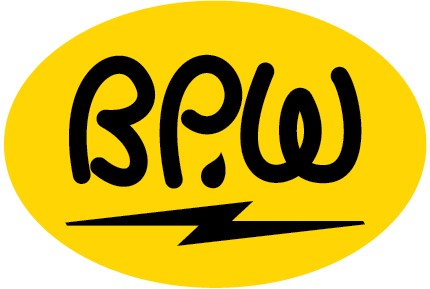The three common classifications of water heaters are tank, tankless, and heat pump. Understanding the differences can help you choose the right water heater for your home.
Discover options that will satisfy your home’s needs & budget. What Kind of Water Heater is Right for Me? The three common classifications of water heaters are tank, tankless, and heat pump. Understanding the differences can help you choose the right water heater for your home. A few things to consider are initial cost, energy efficiency, installation space requirements, and the size of your home. Conventional Storage Tank Water Heater A conventional storage tank water heater holds a certain amount of water in an insulated tank that keeps the water constantly hot until it is used. Once the water in the tank is used up, it can take a while to heat the tank up again. Energy can be wasted because the water in the tank is constantly heated; this wasted heat is called standby heat loss. Conventional tank storage water heaters are powered by either gas or electricity. Pros Lower upfront costs Easy to install Typical unit lifespan is 10-15 years Cons Takes up a lot of room More expensive to operate Can build up rust and scale Fuel Source: Natural gas or electric Notes: Tank water heaters are the most common type of water heater. They use coils to heat water that is then stored in an insulated tank until needed. Tankless Water Heater A tankless water heater, also known as an on-demand water heater, offers a constant supply of hot water. Instead of a tank, hot coils fill up with water and heat the water instantly as needed. Tankless water heaters must be properly sized to a home to work effectively, and can be powered by gas or electricity. Pros Uses gas only when someone needs hot water, so it uses less energy Provides an unlimited supply of hot water Typical unit lifespan is 10-15 years Cons High installation cost Improper sizing will result in not enough heated water Can build up rust and scale Fuel Source: Natural gas or electric Notes: Tankless water heaters require proper sizing. While they can be more efficient than tank water heaters, they provide a limited flow of hot water that can make it difficult to run hot water for multiple uses at once. Heat Pump Water Heater A heat pump water heater has a tank like a conventional water heater but uses the heat from the surrounding air to heat the water. Heat pump water heaters require electricity to move heat in the air. Heat pumps use the same process a fridge uses to cool your food, but in reverse. Instead of releasing warm air into the surrounding room like a fridge, heat pump water heaters pull heat from the surrounding air into a tank to heat the water. Pros Uses gas only when someone needs hot water, so it uses less energy Provides an unlimited supply of hot water Typical unit lifespan is 10-15 years Cons High installation cost Improper sizing will result in not enough heated water Can build up rust and scale Fuel Source: Electric Notes: These water heaters need adequate space to achieve the most efficient performance and use up to 60% less energy (Consumer Reports, 2024) than standard water heaters. Holland BPW rebates are available for heat pump water heaters. Download the BPW Rebate Form


